Time to move on: Prejudice against Gypsy, Roma and Travellers in Bristol
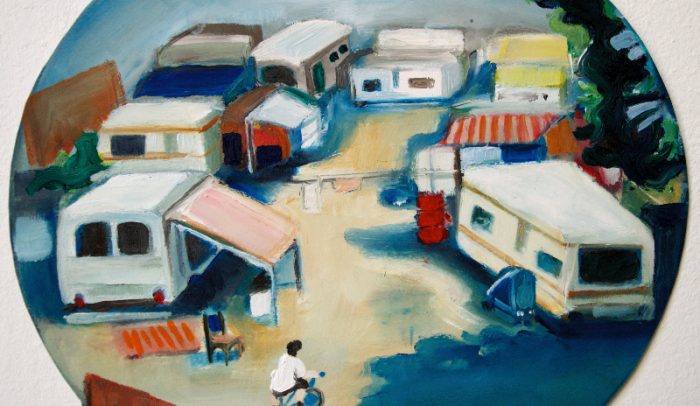
The sensationalised British media delights in portraying Gypsies as dirty, thieving criminals in our otherwise well-ordered society. A Gypsy, Roma and Traveller (GRT) community engagement officer gives her take.
In today’s increasingly inhospitable political climate, Gypsy and Traveller culture is having to adapt faster than ever in a bid for survival. Families are being driven into difficult times due to rapid economic change, the gradual dismantling of the ‘grey’ economy and increased restrictions on free movement. Ineffective needs assessments and slow-to-act councils have ensured that there are far from enough authorised private or council-run sites across the UK, and as a result, travelling communities are forced to continue fighting for their most basic of rights.
I usually work with the Gypsy, Roma and Traveller (GRT) community in Bath and North East Somerset. Recently I came to Bristol to meet families living on site and those who work to support them. Without fail, everyone I spoke with who knew these families talked of their kindness and their sense of community – qualities that can sometimes be hard to find in modern settled society.
Bristol has a large and vibrant GRT population, some housed, some living permanently on site, and, especially during summer – travelling season – some on transit sites. Gypsies and Travellers have lived in the area for generations, and quite possibly used to own the land you now live on. However much their existence continues to be met with shock and horror, they are by no means a new phenomenon to the city.
Bristol has a number of drop-ins and projects available to Gypsies and Travellers, that give voice to those who haven’t been heard before, encourage self-esteem and challenge hate-crime. The drop-ins focus more specifically on practical aspects, offering support in pitch applications, general form-filling, mental health, securing places in schools and accessing other services. Regardless of this, and increased efforts to raise cultural awareness of GRT culture, Gypsy and Traveller residents of Bristol continue to be met with prejudice and discrimination, and many are suffering as a result.
United Nations Human Rights Committee, the UN Committee on the Elimination of all forms of Racial Discrimination and the European Commission against Racism and Intolerance have all ‘observed direct links between minority groups targeted by the media and minority groups targeted in violent attacks’.
This discrimination may take shape in a school’s refusal to ‘take on’ Gypsy Traveller children whilst they are in the area, as travelling can be considered a disruptive ‘lifestyle-choice’ rather than way of life. Or it can be found in doctors’ surgeries, when a patient is refused temporary registration as they have no fixed address, forcing them to wait until the problem worsens and they have to use A&E. Often it is in the form of repeated refusal of planning permission.
A family I work with have lived on their privately owned land for over 20 years and yet their planning application continues to be rejected by Bristol and North East Somerset Council on the grounds of them being on Green Belt land. This reasoning would have more weight to it if there wasn’t a gas-guzzling new build in the making directly across the road. Isn’t a small structure and the means to access mains electricity less imposing in comparison? Apparently not, if it comes with a Traveller family attached.
This family have also effectively had their means to travel stripped from them – the last time they left their land, a local took the privilege of charging people to use it as a rubbish dump. It cost the family thousands to have it cleared to a habitable state again.
So where does this deeply embedded discrimination come from, and what can be done about it?
The sensationalised British media delights in portraying Gypsies (usually with a small ‘g’ and an ‘i’) as dirty, thieving criminals in our otherwise well-ordered society – the lack of positive information available about GRT culture has further marginalised the communities. A prime example of this would be the shocking discovery of a human trafficking business in Redland, Bristol. Due to the ‘travelling nature’ of the traffickers, they were wrongly identified by the press as Travellers, thus adhering to age-old stereotypes and inciting hatred from much of settled society. Mistakes such as these cause irreversible damage to the reputation of GRT communities.
The question of ‘whose dress is best’ fades into insignificance when one is fighting a daily battle against prejudice, poverty and discrimination.
Similar hate incitement can be found in programmes such as Channel 4’s My Big Fat Gypsy Wedding. The 9 million viewers it attracted were supposedly getting an insight into ‘a secretive, marginalised and little-understood segment of our society’. Through my experience as a Gypsy/Traveller support worker, I can guarantee you that the extravagant brides and notorious ‘grabbing practices’ the show depicted are far from representative of the people I work with. Look up ‘My Big Fat Gypsy Wedding ruined my life: an open letter to Channel 4’ as an example. The question of ‘whose dress is best’ fades into insignificance when one is fighting a daily battle against prejudice, poverty and discrimination.
It is the responsibility of the media, of schools, of the government and of ourselves to create a tolerant society that will be inclusive of all people of all cultures, ethnicities, and beliefs. GRT communities have lived in the UK for over 500 years, and it’s about time we started to listen to them.
All content is currently created on a volunteer basis. If you like what The Bristol Cable is doing please become a member of the co-op or donate today!


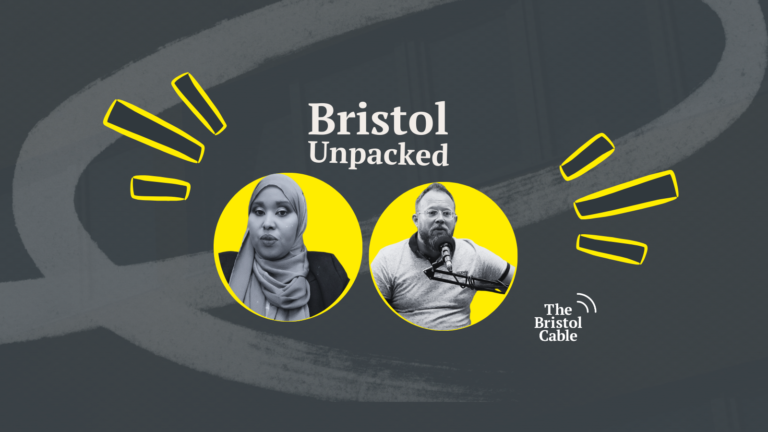



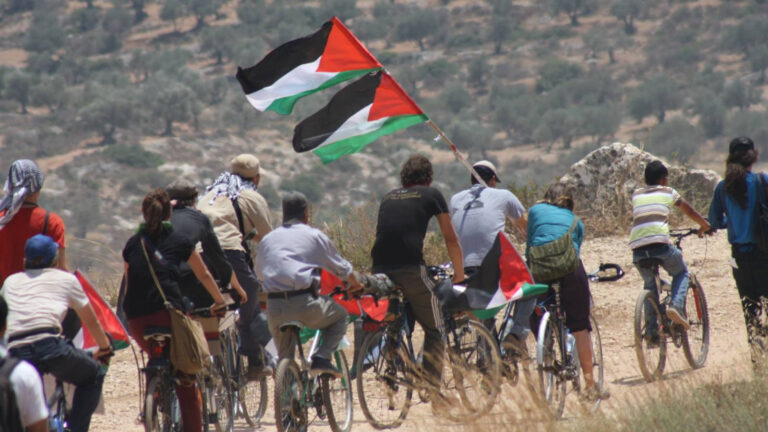

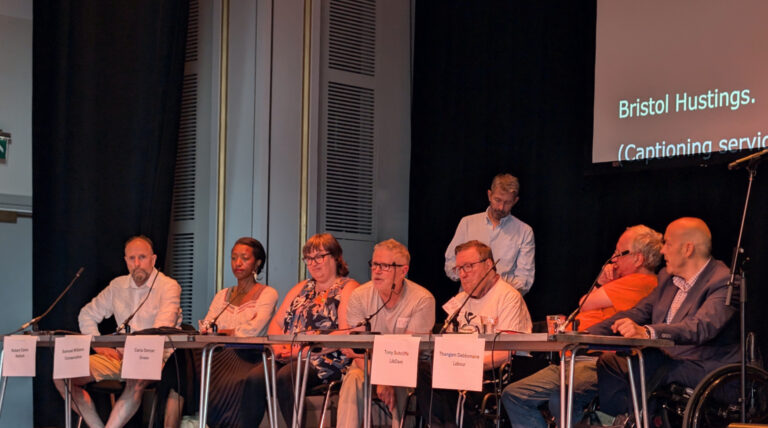

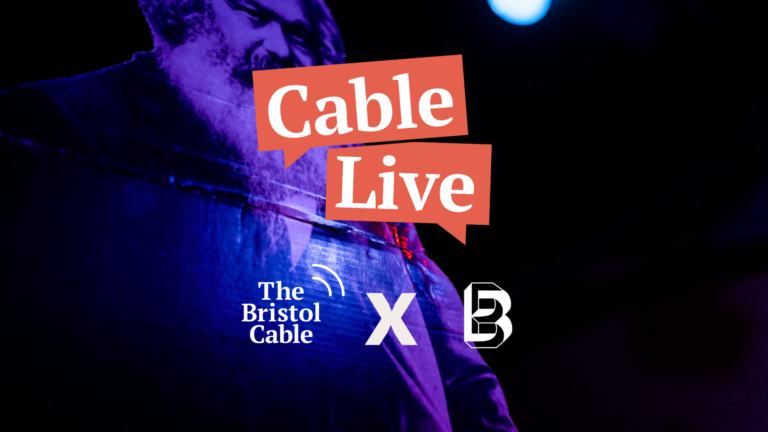
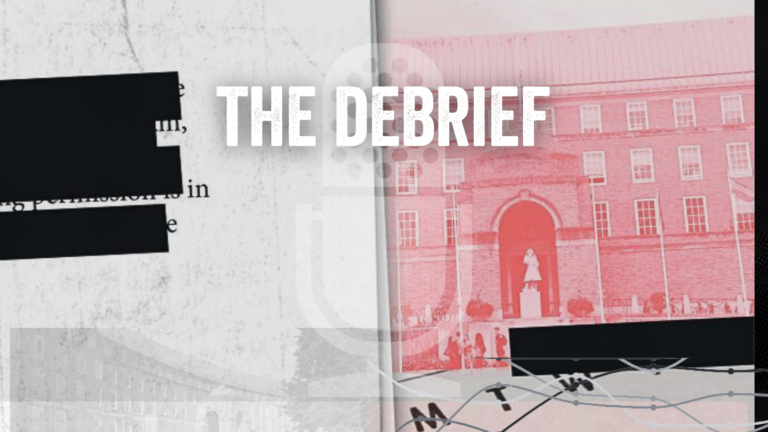

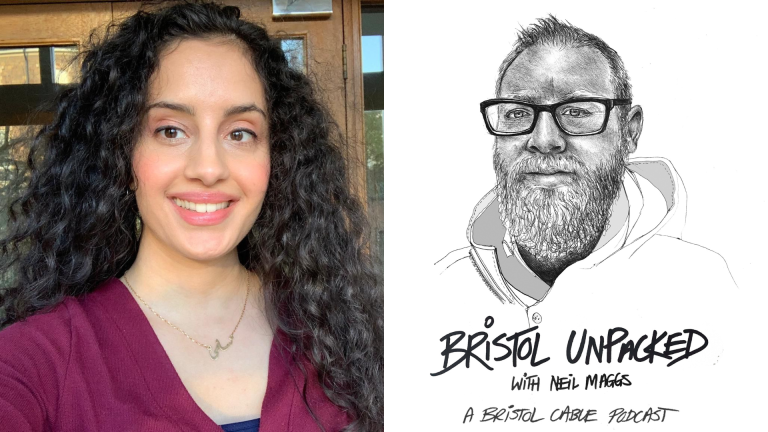

Report a comment. Comments are moderated according to our Comment Policy.